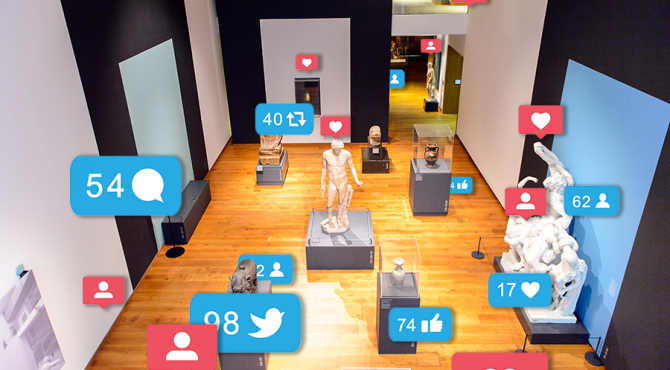
Dr Kathryn Eccles
Deputy Director, Associate Professor, Senior Research Fellow
Kathryn Eccles has research interests in the impact of new technologies on Humanities scholarship, and the re-organisation of cultural heritage and higher education in the digital world.


